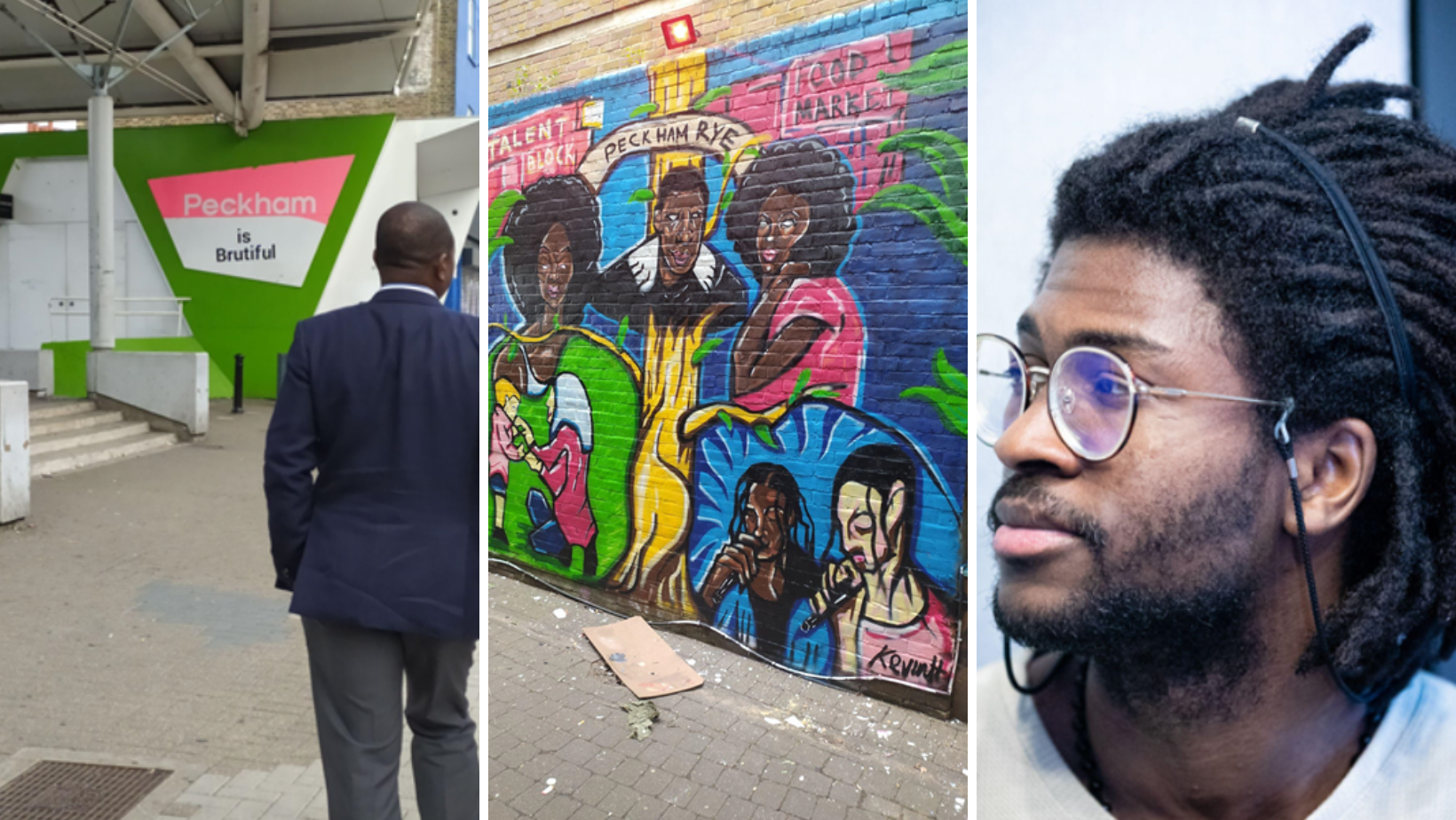Culture as consciousness: Yoruba identity construction in a world that is on the move
In the secular world, equating geographical locations as sources of culture is commonplace.

Individuals from these locations have specific traits and modes of thinking. While this can be helpful in specific fields, the anthropological vision I follow asserts the role of individuals in making their culture. Culture is a box made by individuals and, in extreme reifications, can confine them to the threads of categorical thinking. What happens when they encounter other individuals with different boxes?
In my thesis titled "Bittersweet (Dis)continuities: An Autoethnography on Double Consciousness amongst Yorùbá Diaspora in Peckham, London", I was concerned about unraveling the dilemma I perceived travelers face in our globalizing post-modern world. I was particularly interested in deciphering the tensions between place and travel and the identity formations and constructions embedded in these spheres. As a traveler myself who probably does not have a rooted or solidified vision of home, I wanted to understand how other people felt, conceived or constructed their identities away from their cultural home (this is me assuming that culture is strictly localized).
My thesis focuses on the tensions between roots and routes, place and displacement, rooted or rhizomic, as paradoxical dilemmas; I try to unravel these extremes using anthropology's esteemed method of fieldwork and participant observation method. Having spent seven weeks in Peckham, London, for my fieldwork, I interacted with and interviewed 20 British Nigerians and documented their stories of hybridity and identity formations.
Joan Didion said, "we tell stories to live", and having been taught by my professors at TLU's anthropology department about the positive changes that ethnographic storytelling can effect in our societies, I sort to push the limits of our core methodology by adding the self to it - autoethnography. If ethnographies are that compelling, how much more can auto-ethnographies be? Indeed, they doubly analyze a researcher's wealth of subjectivities and experience to unravel the layers of our sociocultural experience. In this same spirit, I had pondered the identity formation among London Yorùbás using the wealth of personal experience as a guide to theirs.
During the fieldwork, the stories of the second and third-generation Yorùbá British-Nigerians spoke of struggles and victories, losses and gains, letting go and moving on and how London's hybridized environment shaped their identities. In this third space, they had found ways to hierarchise certain parts of their identities in moments or situations that demanded it, and these different parts of their identity were not in conflict with each other. Instead, identity is seen as a performance. I was astounded.
My astonishment led me to find in the Yorùbá philosophy a principle of elasticity that allowed the addition of other people's boxes to the Yorùbá's.
My astonishment led me to find in the Yorùbá philosophy a principle of elasticity that allowed the addition of other people's boxes to the Yorùbá's. A philosophy that I found serviceable enough to strive to develop an ethnography that focuses on Yorùbá consciousness - one that embraces the views of Yorùbáness as a creative process of becoming. As a consciousness, its plastic nature allows for opposition to Yorùbáness as a race rooted in a place. Culture is then seen as consciousness - a consciousness that is simultaneously closed and open, allowing for additions and modifications.
Adedeji Moses Adeniyi studied Anthropology MA at Tallinn University and graduated in January 2023.
Featured image: Adedeji Moses Adeniyi and various views of Peckham.